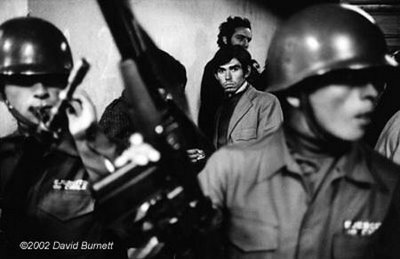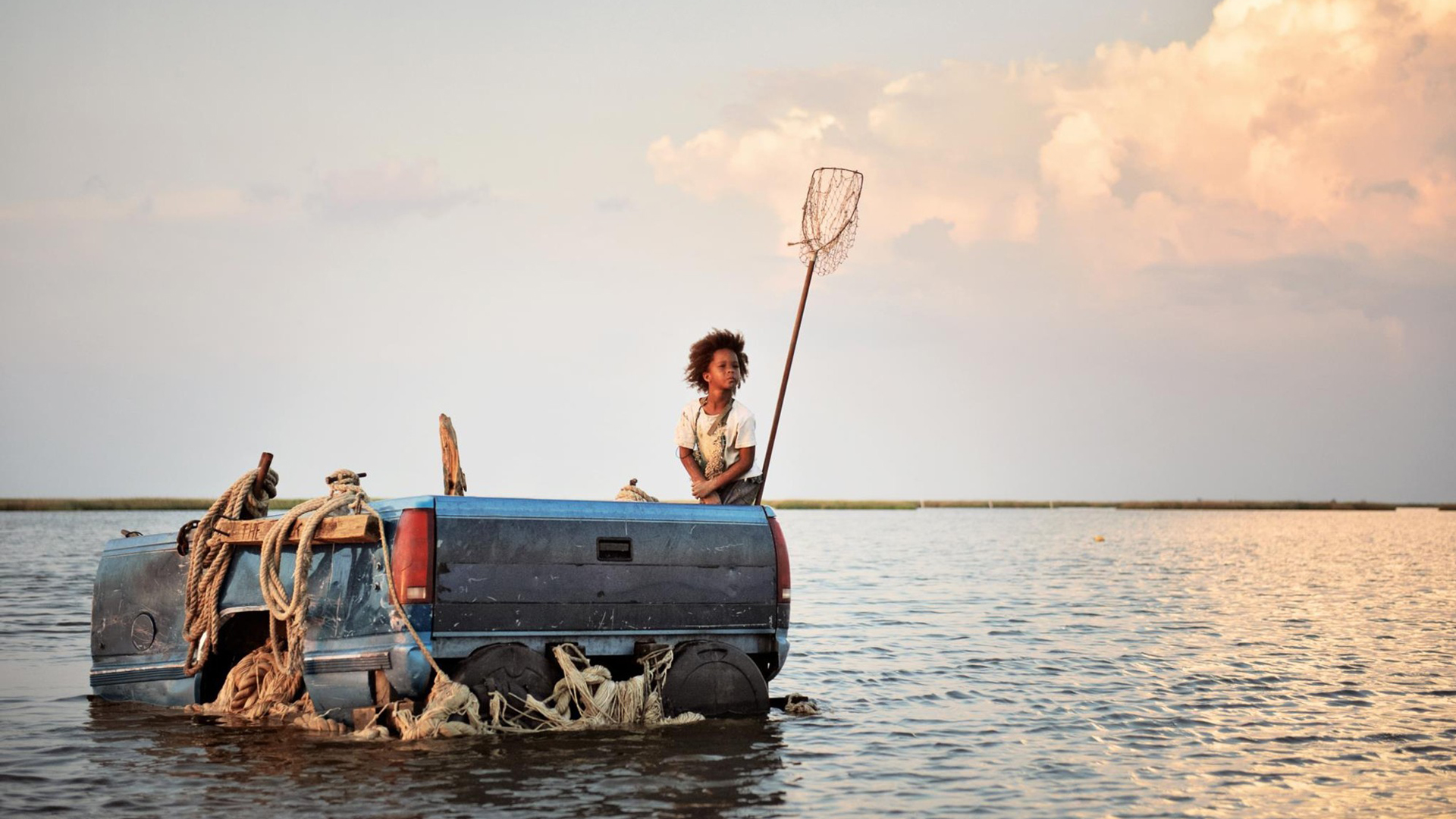First is the use of the "historical present", a storytelling tendency you've surely noticed which Vuolo & Garfield covered in Ep. #15: "Then Is Now, Now and Then". Now, every time Jon Stewart interviews an author plugging a new non-fiction doorstop, I listen for the historical present. Recently, Doris Kearns Goodwin used it so heavily that had she not been so charming, I may have assumed she had actually hung out with her subjects, Roosevelt and Taft, maybe getting together to lift weights or pastries, depending. To paraphrase, the author waxed in the present tense, "Roosevelt grows up a feeble boy, so as president he cares deeply about his physical stature and reinvents himself." The constant assumption is that the Kearns Goodwin interview (from about 2:10 onward) is prefaced by an implied "At the time..." because her subject is a historic figure. Even if the subject matter dictates the verb tense, the conversation is about people and events from 100+ years ago. The author does mention that she has to "live with these guys" due to the intensity of her research which might explain both her prowess in the genre and her reliance on the historical present. Nevertheless, in the media and in daily interactions, you'll notice the historical present and you'll probably hear it more often than it's needed. The L.V. episode eventually approves the use of the historical present to add impact to yarn spinning, but the hosts also admit that its overuse is distracting. I hear it all the time and can't ignore it. If it works within a story, fine, but when it doesn't, it is obnoxious and pretentious.
In Ep. #24: "Do You Creak?" Vuolo also explained another linguistic nuance aptly named "vocal fry". Once you hear it, you'll never stop noticing it. Also referred to as "creaky voice", the affectation is incessant and annoying. The hosts and guests discuss the creaky voice in relation to certain young women, adding it to long list of Valley Girl-inspired airs.
 |
| Vocal fry waveform in a related article on Speech Talk |
Highly recommended listening: Lexicon Valley addresses countless linguistic phenomena, subtle curiosities about how we say what we say and why. As modes of communication morph and multiply, old-fashioned speaking and writing continue to be fascinating subjects. Give an episode a go:
"Lord Grantham, Don Draper's on Hold" -- historically inaccurate vocab. on the boobtube
"Malapropisms: the Pineapple of Linguistic Errors" -- common (sometimes comedic) slips of the tongue
"Undocumented Illegals" -- problematic labels, public relations implications, and dignity issues







